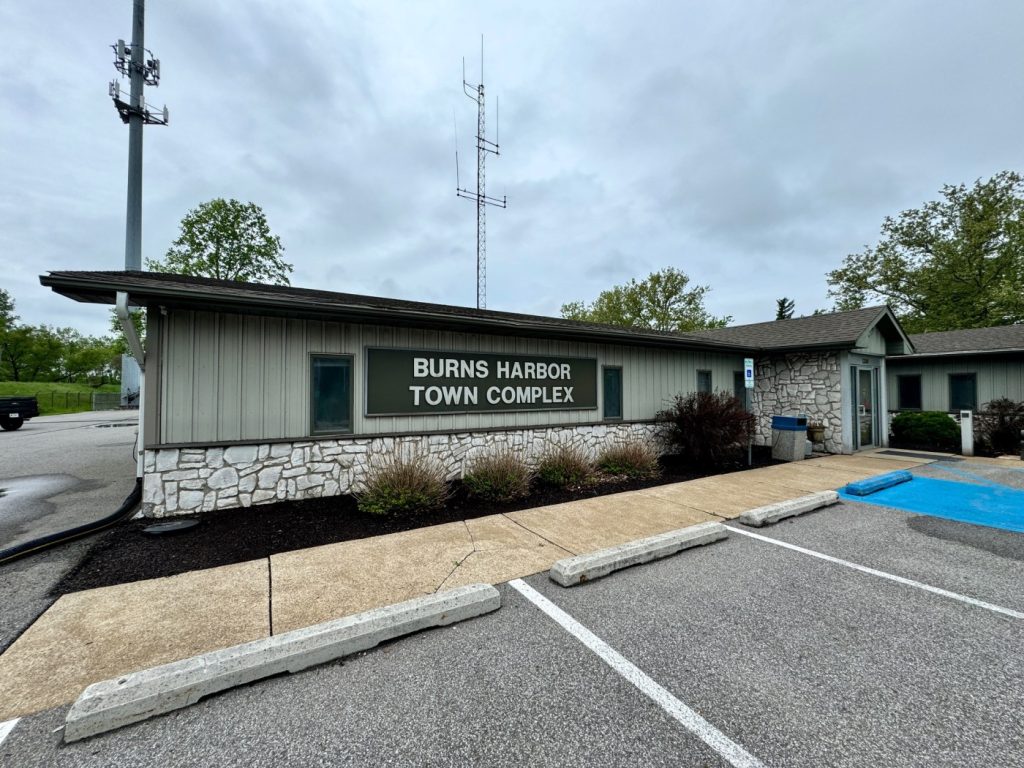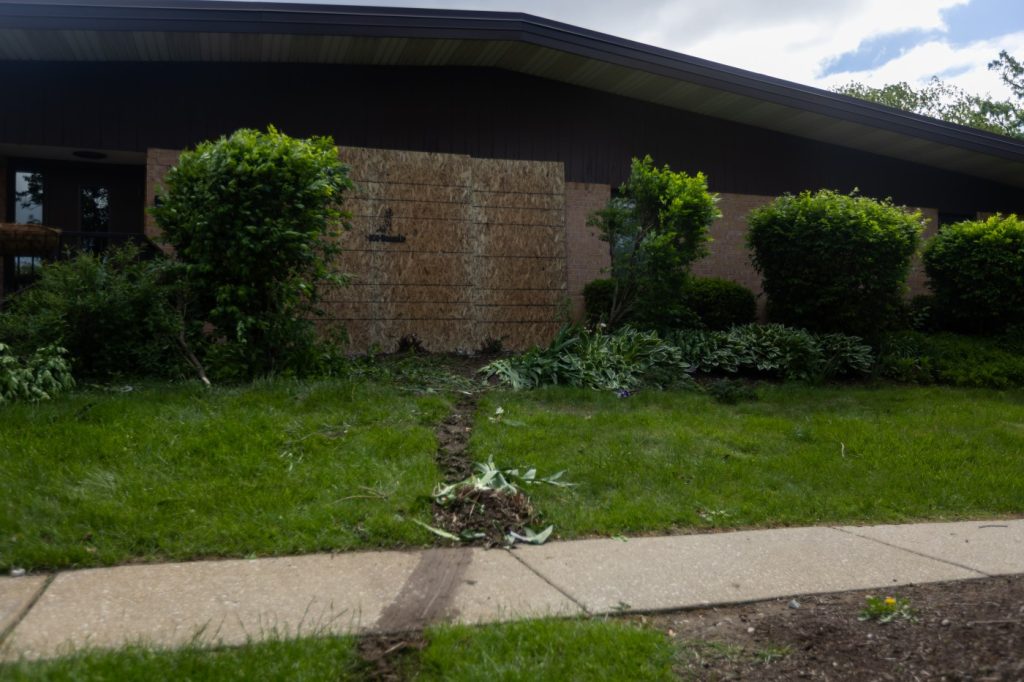Now Reading: Reverse mortgage LOs share appraisal challenges at NRMLA event
-
01
Reverse mortgage LOs share appraisal challenges at NRMLA event
Reverse mortgage LOs share appraisal challenges at NRMLA event

Reverse mortgage originators often act as a primary point of contact for their clients throughout the loan process and beyond. However, reaching the closing stage can present unique challenges, stemming from regulations governing the Home Equity Conversion Mortgage (HECM) program or potential biases of appraisers. This insight was provided by a panel of reverse mortgage originators during the National Reverse Mortgage Lenders Association (NRMLA)’s Western Regional Meeting in Irvine, California.
The discussion began with a general question but swiftly shifted to the obstacles faced with appraisals as a significant hurdle in the closing process. Since September 2018, the Federal Housing Administration (FHA) mandated a second appraisal requirement for HECM lenders to safeguard the Mutual Mortgage Insurance (MMI) Fund from losses. This rule came into effect for all assigned case numbers starting in October of that year.
Opinions among reverse mortgage professionals regarding the second appraisal mandate have varied, with some viewing it as a major issue, while others have adapted to it. During the Irvine panel, Lisa Moriello from loanDepot highlighted second appraisals as a barrier to closing a loan. She also raised concerns about the reconsideration of value (ROV) process, which can lead to unusual requests for clients.
Ernie Severson of Summerlin Financial Inc. mentioned appraisal bias as a concern, suggesting that appraisers might approach a property differently if aware of its intended use for a reverse mortgage. Similarly, Tom O’Donoghue of Reverse Loans Now recommended documenting interactions with appraisers to track values and client experiences.
Tips were shared on preparing clients for the appraisal process, including recording a video to familiarize them with what to expect. Industry professionals have advocated for tools like Loom to guide borrowers and advisers through the specifics of a reverse mortgage.






